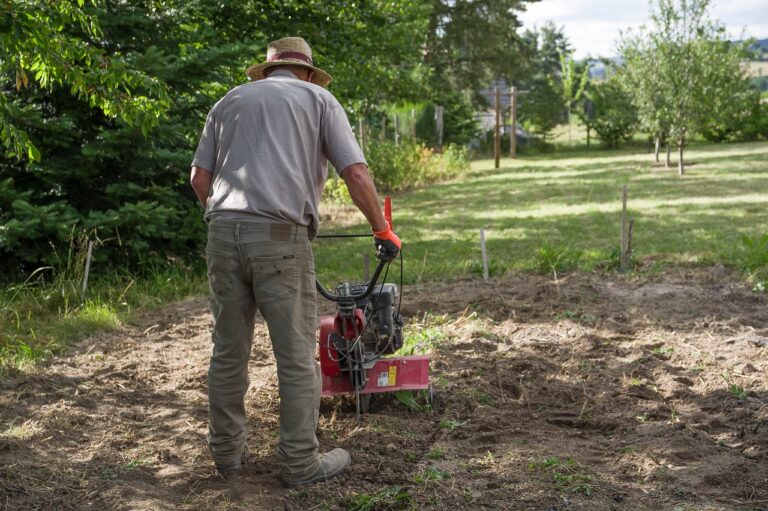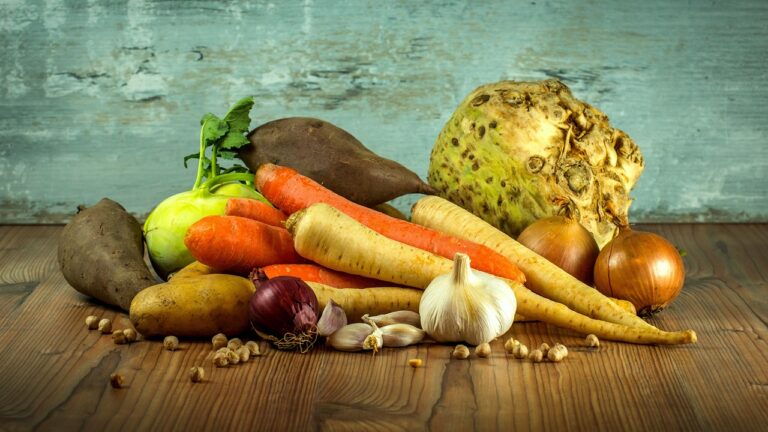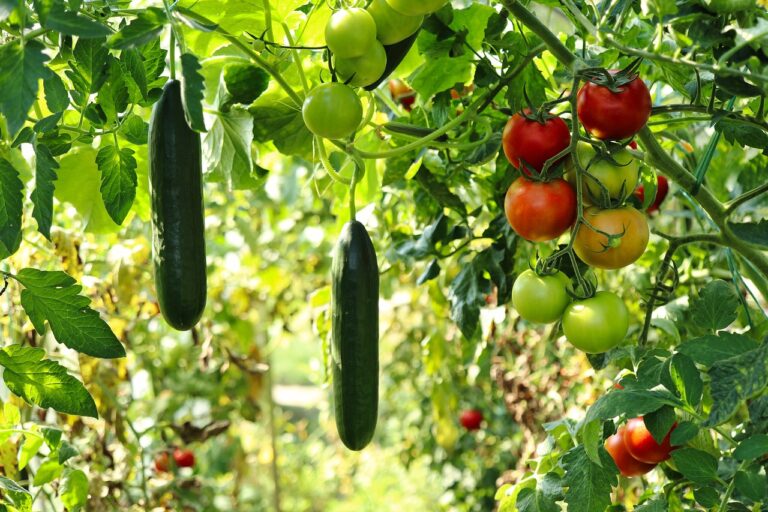Organic Gardening: Cultivating a Sustainable and Bountiful Harvest
Embrace the transformative power of organic gardening and cultivate a thriving and earth-friendly ecosystem in your backyard. Discover the profound benefits and practical techniques of this sustainable gardening approach.
## Benefits of Organic Gardening
Environmental Preservation:
- Protects soil health by reducing erosion, improving drainage, and increasing biodiversity.
- Conserves water by promoting moisture retention and reducing evaporation.
- Minimizes pollution by eliminating the use of synthetic fertilizers and pesticides.
Nutritional Value:
- Organic produce contains higher levels of vitamins, minerals, and antioxidants compared to conventionally grown produce.
- Protects against exposure to harmful chemicals and pesticides.
- Supports local and sustainable food systems.
## Planning an Organic Garden
Site Selection:
- Choose a location with ample sunlight (6-8 hours per day) and well-drained soil.
- Avoid areas with heavy shade or poor drainage.
- Consider companion planting to enhance growth and deter pests.
Soil Preparation:
- Conduct a soil test to determine nutrient levels and pH.
- Amend the soil with organic matter such as compost, manure, or cover crops.
- Maintain a pH between 6.0 and 7.0 for optimal plant growth.
## Organic Soil Management
Composting:
- Collect organic materials such as kitchen scraps, yard waste, and animal manure.
- Layer these materials in a compost bin or pile and turn regularly to promote decomposition.
- Enriches the soil with nutrients and improves soil structure.
Cover Crops:
- Plant fast-growing cover crops such as clover, rye, or beans.
- Protect the soil from erosion, suppress weeds, and fix nitrogen in the soil.
- Cut and till cover crops before they go to seed to incorporate organic matter.
## Organic Pest and Disease Management
Organic Pesticides:
- Use natural pesticides derived from plants, minerals, or beneficial insects.
- Examples include neem oil, insecticidal soap, and ladybugs.
- Target specific pests and minimize harm to beneficial insects.
Disease Prevention:
- Choose disease-resistant plant varieties.
- Practice crop rotation to prevent the build-up of soil-borne diseases.
- Provide proper watering and drainage to avoid fungal infections.
## Conclusion
Organic gardening is a holistic approach that promotes environmental sustainability, nutritional value, and the well-being of our ecosystems. By implementing these techniques, you can cultivate a thriving garden that provides abundant, healthy produce while preserving the health of our planet.
Embrace the transformative power of organic gardening and reap its countless benefits today. Join the growing community of gardeners who are making a positive impact on the environment and their own well-being.

























